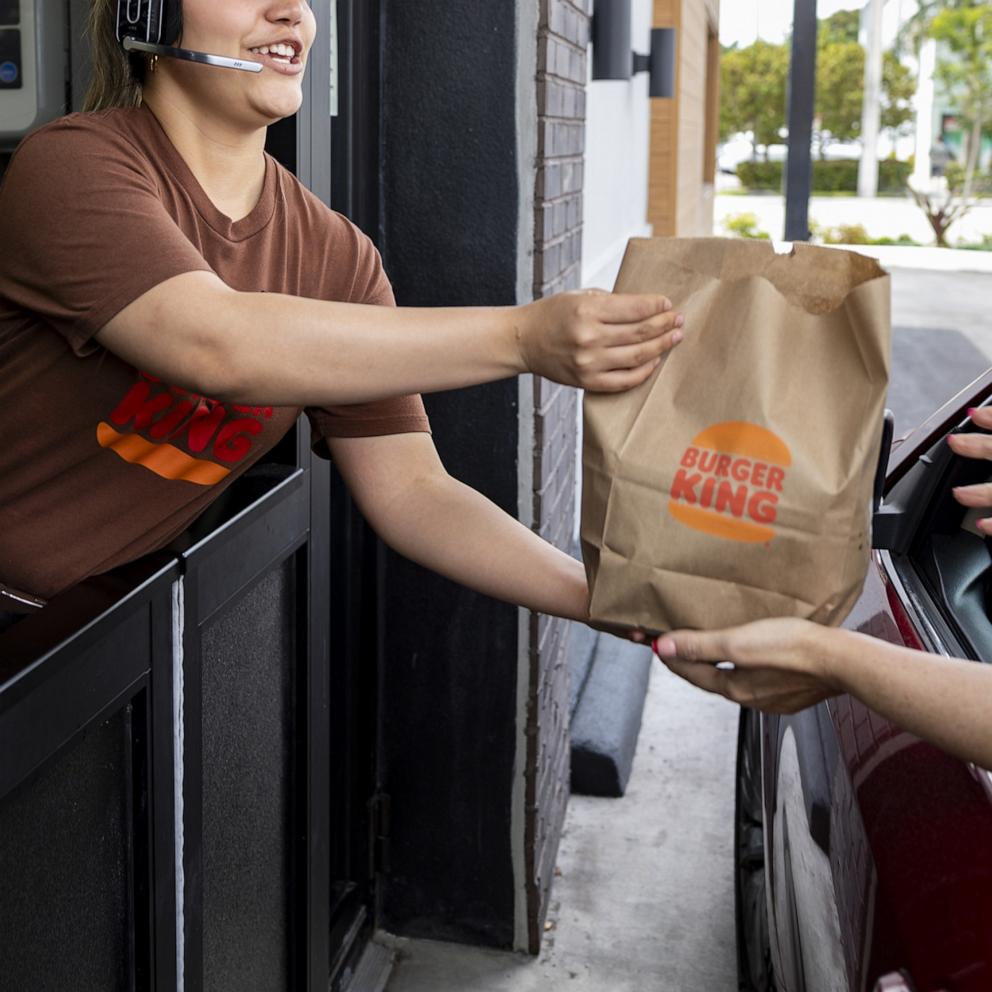How Cookie Monster's outcry over shrinkflation got the attention of politicians on Capitol Hill

Like many American shoppers today, Cookie Monster has had it with shrinkflation -- except the "Sesame Street" character actually got the attention of politicians on Capitol Hill with his grievances.
In a post on X, formerly Twitter, on Monday, Cookie Monster wrote, "Me hate shrinkflation! Me cookies are getting smaller. 😔."
In a follow-up post, the iconic blue monster added, "Guess me going to have to eat double da cookies!"
The posts drew the attention of U.S. Sen. Sherrod Brown of Ohio, who re-shared Cookie Monster's comments, adding, "Me too, Cookie Monster... People in my state of Ohio are fed up -- They should get all the cookie they pay for."
The term "shrinkflation" is "used to describe implicitly increasing the price of an item by slightly decreasing the amount or quantity in a package," Steve Reed, an economist at the Bureau of Labor Statistics, told ABC News previously.

A recent report issued by the office of Pennsylvania Sen. Bob Casey cited the fact that the size of some packages of OREO cookies, for example, has decreased by 6% since 2019, and a family size box of Wheat Thins has decreased 12% in weight, according to government data.
Data also showed that some toilet paper rolls such as Charmin Ultra Soft now have approximately 20 fewer sheets than before.
Shrinking sizes have also been spotted in other products from cleaning supplies and coffee to frozen food.
President Joe Biden recently took aim at shrinkflation, calling it a rip-off.
"Give me a break. The American public is tired of being played for suckers," he said in a video posted on X on Feb. 11, ahead of the Super Bowl. "I'm calling on companies to put a stop to this. Let's make sure businesses do the right thing now."
Last week, Casey introduced a bill that would give the Federal Trade Commission and state attorneys general the authority to crack down on shrinkflation.
"Corporations are trying to pull the wool over our eyes by shrinking their products without reducing their prices -- anyone on a tight budget sees it every time they go to the grocery store," he said in a statement on Feb. 28.
He added, "Pennsylvania families are sick and tired of digging deeper into their wallets for their weekly grocery runs while corporate CEOs laugh all the way to the bank. I'm fighting to crack down on shrinkflation and hold corporations accountable for these deceptive practices."
Although inflation is down considerably from two years ago, a recent Bureau of Labor Statistics report found consumer prices rose 3.1% in January compared to a year ago, missing expectations.
Some experts have cautioned against reading too much into the data.
"The path will continue to be bumpy, and we should not overreact to individual data readings," Susan Collins, president of the Federal Reserve Bank of Boston, told The Associated Press on Feb. 29. "I remain what I call a 'realistic optimist' in thinking that the economy is on a path to 2% inflation on a sustained basis while maintaining a healthy labor market."







